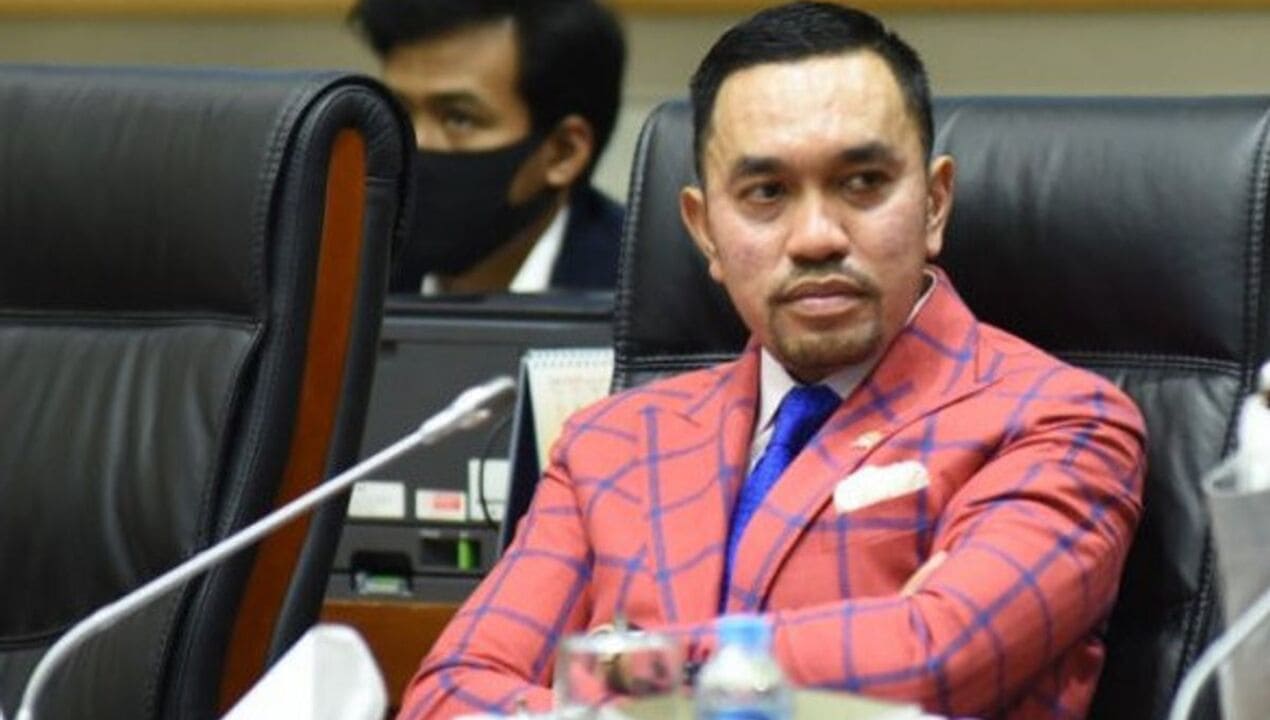
Independent Report – Ahmad Sahroni, the Deputy Chairperson of Indonesia’s House of Representatives Commission III. He has voiced the urgent need for a dedicated law to address the misuse of images and videos created by artificial intelligence (AI). He emphasized that Indonesia must develop legislation specifically designed to prevent and punish the wrongful use of AI-generated media content.
Sahroni pointed out that Indonesia could look to the United States as an example. Where laws regulating AI misuse have already been implemented. He believes that having clear legal frameworks would greatly assist the police in enforcing regulations and conducting investigations more effectively.
Currently, Indonesia relies on two existing laws to handle issues related to digital content misuse. These include Law Number 27 of 2022 concerning Personal Data Protection and Law Number 19 of 2016 about Electronic Information and Transactions (ITE). However, Sahroni argues that these laws are no longer sufficient given the rapid advancements in AI technology and its growing potential for criminal activity.
He stressed that the development of AI technology has reached a point where specific regulations are necessary to define the boundaries of criminal offenses involving AI-generated content. Such legislation would provide law enforcement with a clear legal basis for action. According to Sahroni, this clarity is crucial to prevent ambiguity when dealing with cases of AI misuse.
Also Read : Land Rover Boldly Stops Reckless Wrong-Way Drivers in Bali
The proposal for a specialized AI law stems from the increasing number of victims affected by the misuse of AI technology. Sahroni revealed that the abuse of AI tools has become widespread, affecting many individuals across society. He shared a personal experience to illustrate the problem, mentioning that he himself was a victim of deepfake technology. His voice and face were used without consent for fraudulent purposes.
More alarmingly, Sahroni noted that AI has been exploited to create defamatory content targeting high-profile figures. Including the President of Indonesia. He described this misuse as excessive and harmful, arguing that without proper legal oversight. Individuals may feel free to engage in slander and deception without consequences.
Sahroni’s concerns highlight the darker side of AI advancements, where technology intended for innovation and convenience is turned into a tool for crime and misinformation. The unchecked misuse of AI-generated images and videos can damage reputations, violate privacy. And also spread false information, posing serious risks to individuals and society.
In response to these challenges, the call for a dedicated AI law aims to ensure the responsible development and use of artificial intelligence. By establishing clear legal boundaries and penalties, Indonesia can better protect its citizens and maintain public trust in digital technologies.
Experts and lawmakers are urged to collaborate in drafting this legislation to cover various aspects of AI misuse. Including deepfakes, identity theft, and digital impersonation. Such a law would also empower law enforcement agencies to act swiftly against perpetrators and provide victims with legal recourse.
Moreover, public awareness campaigns should accompany the introduction of new laws to educate citizens about the risks of AI misuse and encourage responsible digital behavior. This multi-pronged approach would help build a safer digital environment as AI continues to evolve and integrate into daily life.
In conclusion, Ahmad Sahroni’s proposal for a specialized law on AI misuse is a timely response to the growing threats posed by artificial intelligence technologies. By learning from international examples and addressing the gaps in current regulations. Indonesia can strengthen its legal system to better protect individuals from the harmful effects of AI-generated content.
Without such regulations, the potential for criminal abuse remains high, threatening personal privacy, public order, and national security. Therefore, the development and implementation of a clear, focused legal framework are essential steps toward ensuring the ethical use of AI technologies in Indonesia.
Also Read : Suspension and Brake Upgrades: Enhancing Safety and Style